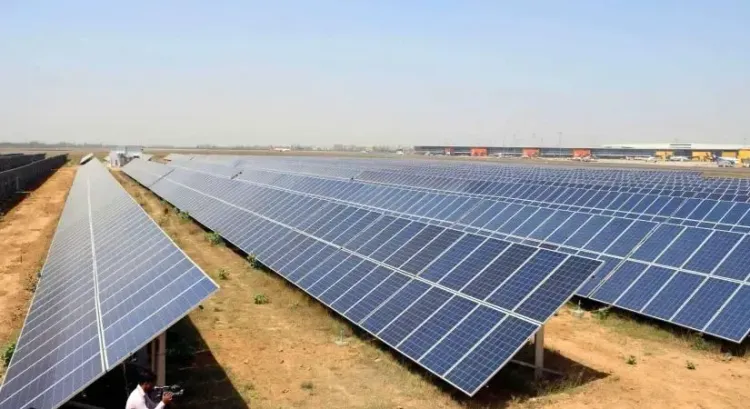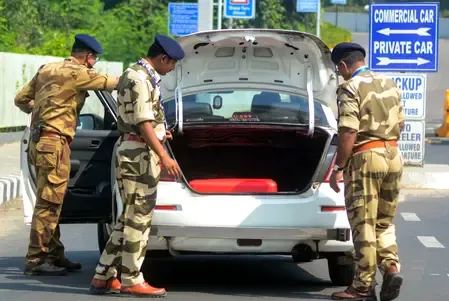Is the New Kerala Solar Energy Policy Unfeasible?

Synopsis
Key Takeaways
- Investors criticize the draft solar energy policy as impractical.
- The proposed policy could hinder Kerala's energy goals.
- Only 1.5% of consumers currently use solar energy.
- A statewide shutdown, 'Solar Bandh', is planned.
- Public hearings are demanded before policy implementation.
Thiruvananthapuram, July 2 (IANS) A group of solar sector investors has labeled the recently released draft solar energy policy by the Kerala State Electricity Regulatory Commission as "impractical" and likely to have detrimental effects on the state's power industry.
This criticism arises as the state strives for energy self-sufficiency and aims for net-zero carbon goals; the recommendations in the draft policy could undermine these advancements, according to the Masters Association, a Ministry-approved body representing solar traders. The association noted that these changes could also jeopardize central initiatives like the PM Surya Ghar: Mufti Bijli Yojana.
The protest is particularly significant as only about 1.5 percent of the Kerala State Electricity Board’s 1.41 crore consumers currently utilize solar installations. The Association posits that any restrictive measures should only be considered once at least 10 percent of consumers adopt solar energy.
To express their dissent against the draft policy, the Association has planned a "Solar Bandh" (shutdown) on Thursday, during which all companies involved in solar plant construction, marketing, installation, and servicing within Kerala will suspend operations.
To draw attention to their demands, protesters will conduct a march and hold a dharna (sit-in) outside the Electricity Regulatory Commission office.
The association insists that public hearings should be held in each constituency before the policy is enacted, involving public representatives. They also advocate for an extension of the return on investment period for solar projects, support for a cohesive national solar policy like Pradhan Mantri Surya Ghar, and the continuation of net metering policies for installations up to 1000 kilowatts without alterations.
Furthermore, they demand that, considering Kerala's distinct climate, banking and settlement options be mandated.
The draft policy contains several suggestions deemed impractical, such as limiting net metering to systems below 3 kilowatts, requiring 30 percent battery storage for systems exceeding 5 kilowatts, imposing an additional Re 1 per unit as a grid support charge, and discontinuing the rollover of excess electricity to the following month.
Another significant concern is the proposed strict limitations on transformer capacity, with warnings that if such measures are put into effect, electricity costs will escalate, adversely impacting both the public and industrial sectors.









